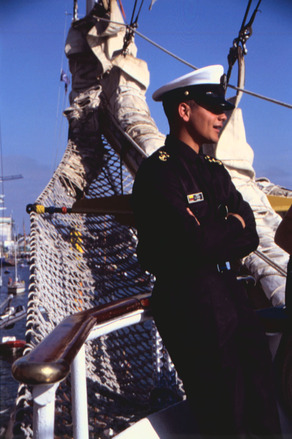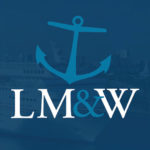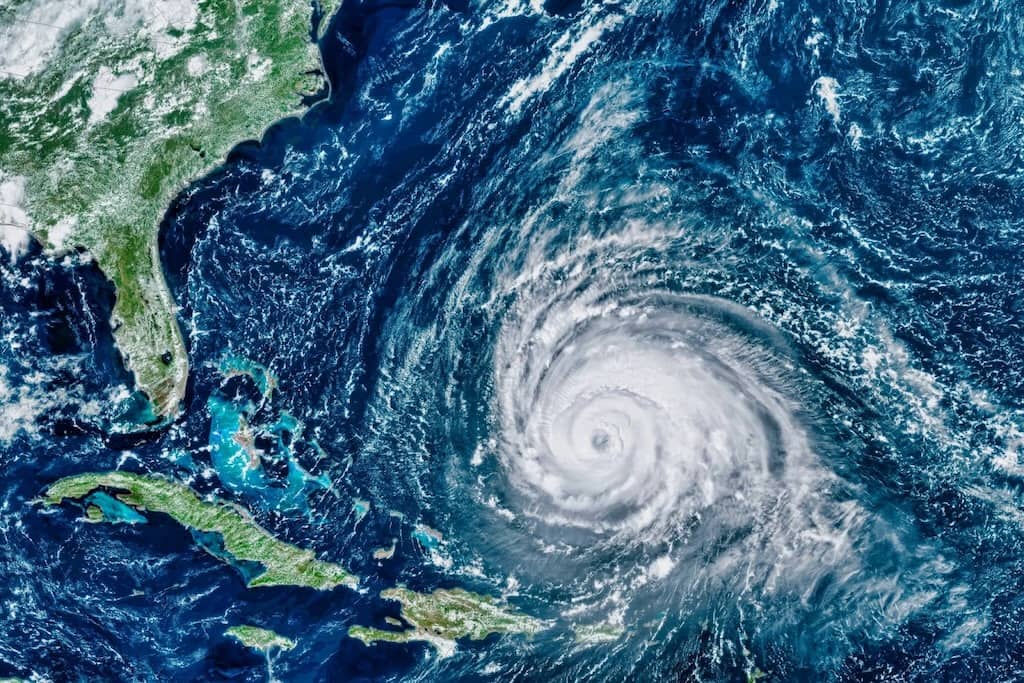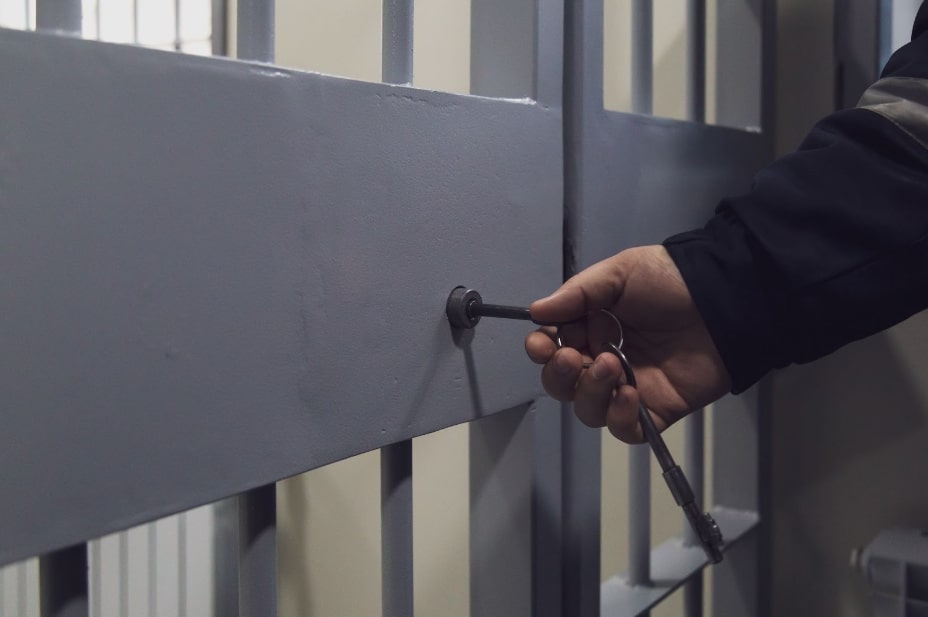
Some of the worst maritime disasters have been due to mechanical problems that were left undetected because of poor ship safety maintenance and many have even resulted in deadly ship fires. Unfortunately, the worst maritime accidents all seem to have one thing in common: they are the result of negligence. The recent sinking of the El Faro ship, which suffered propulsion problems while sailing through the eye of Hurricane Joaquin has brought this issue to the forefront once again, shedding light on exactly how dangerous lack of vessel maintenance can be for crew members.
If reports about the El Faro accident are accurate, lack of safety maintenance on commercial vessel failures poses the greatest threat to seamen, especially those who work aboard commercial vessels that operate in waters where tropical storms and hurricanes frequently occur. The accident also brings to light the fact that vessel owners should introduce stricter regulations preventing their crew members from sailing in severe weather conditions, or when the threat of a powerful storm is imminent.
According to the latest data on the El Faro maritime accident, engine failure or loss of propulsion may have resulted in the sinking of the ship. If the captain lost power, he may have had trouble angling the ship directly into large waves. A ship is more at risk of sinking if it is broadsided by a wave than if it takes the wave directly. Reports suggest that the captain had been well ahead of the storm and had been following standard storm navigation practices—but engine issues may have allowed the storm to catch up with the ship.
Seamen who work aboard commercial vessels aren’t known to throw caution to the wind and deliberately sail directly into the path of a storm. Captains, especially, know better than to be reckless, and follow maritime law guidelines to avoid putting their crew in potentially life-threatening situations at sea. And, in most cases, commercial ships can move quickly enough to avoid even the fastest-moving storms.
Yet, if a ship experiences an unexpected and sudden engine failure or fire, the results could be tragic if a storm happens to be looming nearby. A ship experiencing mechanical issues might not be able to navigate away from a storm in time, leaving it to brave the worst of Mother Nature without much defense. Furthermore, if a fully disabled ship is caught in a storm, crew members won’t be able to safely navigate the rough waters and will have no way to avoid the dangerous weather and sea conditions.
Unfortunately, given the number of maritime accidents that have transpired over the course of history, it seems as though vessel problems have not only become the norm, but worse, they’ve become acceptable.
Commercial ships may operate under the assumption that there is a margin for error when engine problems occur—when the reality is that during hurricane season, there is no margin for error. Even a small power outage could put countless lives at risk. No one wants to think of the worst-case-scenario, but the hope is that the El Faro tragedy will increase awareness of the risk of storms and ensure that only seaworthy vessels operate in areas where storms pose a risk.
In the event that a commercial vessel crew member does experience an injury or is killed while in the service of their ship, a seaman claim may be filed with the help of a maritime lawyer by either the surviving victim or the loved ones of the deceased.
Published on October 22, 2015
Categories: Crewmember S.O.S., Maritime Accidents
Get Free
Consultation











